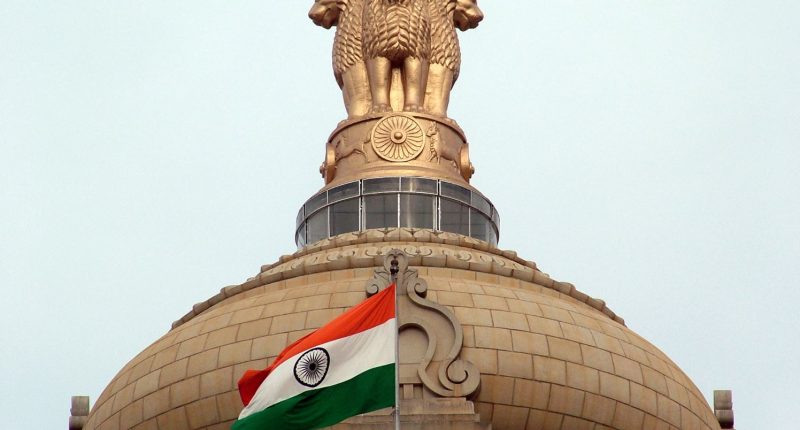India’s competition watchdog, the CCI, has alleged prominent phone manufacturers, including Samsung and Xiaomi (two of the biggest players in the Indian smartphone sector) to have engaged in anti-competitive collusion by launching their phones exclusively on leading e-commerce platforms like Amazon and Flipkart, reports Reuters.
The Competition Commission of India (CCI) initiated an investigation into Amazon and Flipkart in 2020. This action was prompted by a complaint from the Confederation of All India Traders (CAIT), a significant retail association in India. CAIT, representing over 80 million members, has been critical of the practices adopted by these e-commerce giants, particularly focusing on exclusive phone launches. The complaint alleged that these practices disadvantaged traditional retailers and hindered market competition.
In response to the complaint, the CCI undertook a comprehensive review, producing extensive reports on Amazon and Flipkart. The 1,027-page report on Amazon and the 1,696-page report on Flipkart delve into the involvement of several major phone manufacturers, including Samsung, Xiaomi, Motorola, Realme, OnePlus, Vivo, and Lenovo. These reports suggest that these companies may have participated in collusive activities with Amazon and Flipkart, which could undermine fair competition and market integrity.
The core of the allegations is that exclusive launch deals between phone manufacturers and e-commerce platforms have severely impacted traditional retailers. According to the CCI’s reports, these exclusivity arrangements have resulted in significant delays for brick-and-mortar stores in obtaining the latest phone models. This delay in product availability funnels consumers towards Amazon and Flipkart, thereby skewing competition and limiting consumer choice. The CCI’s additional director general, G.V. Siva Prasad, revealed that such exclusivity is detrimental to both fair competition and consumer interests, adding that it undermines the principles of a competitive market. “Exclusivity in business is anathema. Not only is it against free and fair competition but also against the interest of consumers,” Prasad wrote.
The CCI’s investigation has revealed that Amazon and Flipkart may have used various incentives to secure exclusive launch agreements from phone manufacturers. These incentives reportedly included subsidized rates for warehousing, marketing, and other services. Such practices were allegedly used to persuade manufacturers to enter into exclusive contracts, with funding for these incentives coming from foreign investments.
The reports indicate that these exclusive arrangements not only affect online sellers but also disadvantage traditional retailers who face a competitive imbalance. The preferential treatment given to select e-commerce platforms allows them to dominate the market, disadvantaging other sellers and potentially driving up prices for consumers. This practice creates an uneven playing field, where only those with exclusive deals can access the latest products promptly, while others are left at a disadvantage.
The investigation’s findings will now be subject to scrutiny as Amazon and Flipkart prepare to respond to the CCI’s allegations. The regulatory process will involve reviewing any objections from these companies concerning the accusations. If the CCI’s findings are upheld and the companies’ defenses are insufficient, the antitrust agency could impose substantial fines and mandate changes to their business practices.
The Tech Portal is published by Blue Box Media Private Limited. Our investors have no influence over our reporting. Read our full Ownership and Funding Disclosure →






